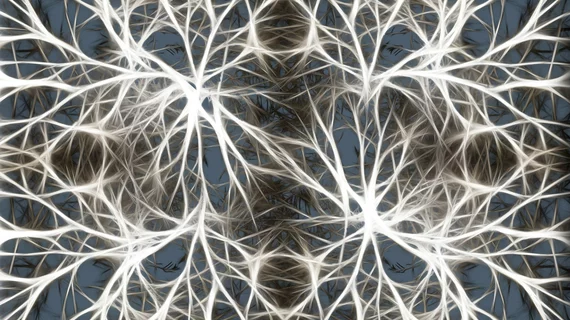$18M, 11-institution effort aims AI at unmasking Alzheimer’s
Mountains of genomic, neuroimaging and cognitive data related to Alzheimer’s disease almost certainly hold the key to unlocking some solid ways to predict, prevent and/or treat it.
However, the bytes are accumulating far too fast for any human effort to connect whatever dots might be hiding in the massive muddle.
Enter 40 researchers at 11 sites armed with AI and almost $18 million in new NIH funding.
Called AI 4 AD—formally “Ultrascale Machine Learning to Empower Discovery in Alzheimer’s Disease Biobanks”—the investigation is being led by researchers at the University of Southern California.
Project leader Paul Thompson, PhD, director of USC’s institute for neuroimaging and informatics, writes in the project abstract that the data analysis piece will seek to develop “transformative AI approaches for high throughput analysis of next generation sequencing and related Alzheimer’s disease biomarker and cognitive data.”
The distributed effort, he adds, will allow minds and machines to comb through all that data to “extract and prioritize the features that are essential to address fundamental barriers to Alzheimer’s prevention and drug discovery.”
In USC’s own coverage of the development, Thompson, a neuroscientist, says he’s confident that combining AI with whole genome data and advanced brain scans will outperform current methods for predicting the course of Alzheimer’s in those stricken.
Further, he says, the new investigative techniques “will help us determine what changes are happening in each patient, as well as drivers of these processes in their DNA, that we can target with new drugs.”

